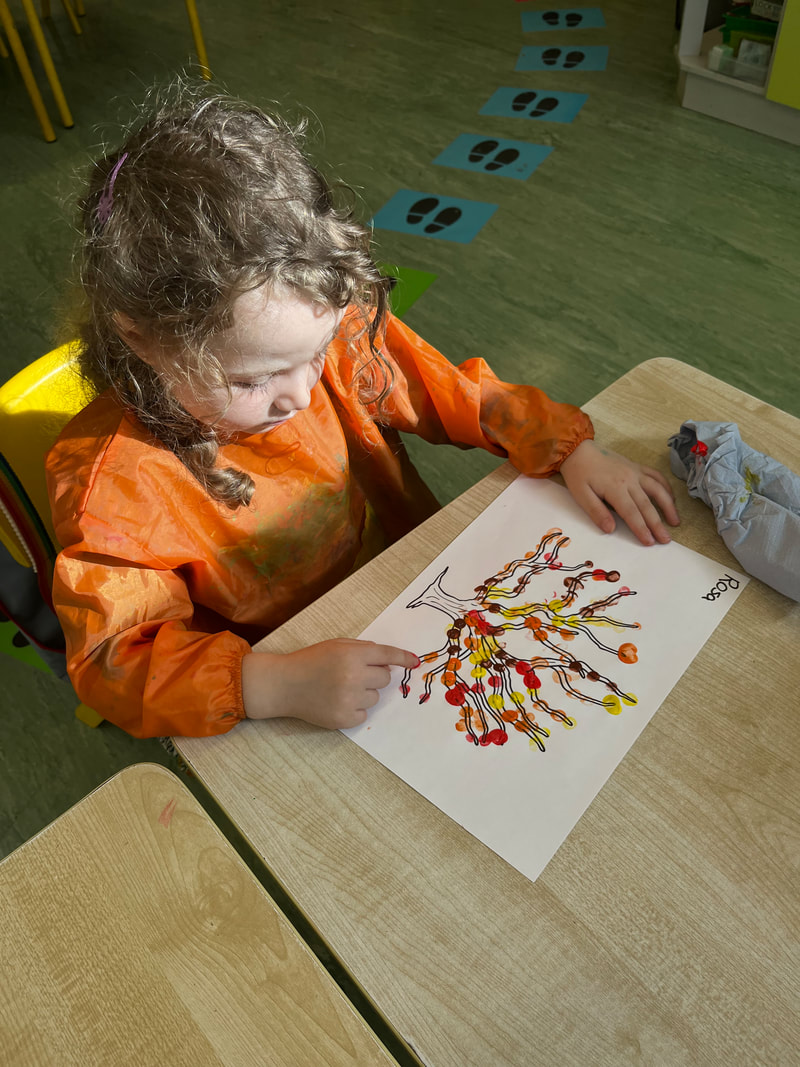|
A huge thank you to so many members of our school community who joined us for our book launch and first official summer fete. It was a huge success with so many vendors selling food, jewellery, face painting, art work, books and soaps to name but a few. The talent in our community stretches far and wide and I am so appreciative of everyone who gave their time to be a part of the fete.
A little bit about our cookbook- As part of our ongoing efforts to promote diversity and cultural understanding, we created a multicultural cookbook. We had a tutor from the Adult Education Services- South West join us for the class and the book was funded by a grant from the ALL fund (Adult Literacy for Life) and ad space from local businesses. This cookbook features a collection of recipes contributed by our parents, staff, and members of the local community. It showcases the rich tapestry of culinary traditions that make up our school community, celebrating the diversity that makes us unique. We launched the book at our first ever summer fete. It was a fantastic day of food and crafts and the Mayor of South County Dublin joined us, along with other local councilors. It was an incredible way to unite our whole school community together.
0 Comments
Dear School Community,
We are excited to announce the upcoming launch of our Multicultural Cookbook and the Esker Summer Fete, taking place on Saturday, June 8th, 12.00pm-2.00pm. This event promises to be a vibrant celebration of diversity, culture, and community spirit. As part of the festivities, we invite vendors who would like to showcase and sell their goods, whether it be delicious food, stunning jewellery, or offering services like henna or hair braiding. This is an excellent opportunity to share your talents and products with our school community. There will be a small fee of €20 for all vendors. To make this event a success, we need your help! We are seeking volunteers who are willing to lend their time and expertise to organise and run the event smoothly. Whether you can assist with planning, coordinating on the day, or ensuring the school grounds are left clean and tidy post-event, every pair of hands makes a difference. If you are interested in being a vendor, contributing and being a part of this wonderful celebration, please reach out to Linda at 0860261061 or via email at [email protected]. Your involvement will play a crucial role in making this event memorable for everyone involved. Let's come together as a community to celebrate our diversity and create lasting memories. We look forward to seeing you all at the Multicultural Cookbook Launch & Esker Summer Fete! Thanks, Linda Home School Community Liaison Imbolc or Imbolg, also called Saint Brigid's Day, is an Irish Celtic traditional festival. It marks the beginning of spring, and for Christians it is the feast day of Saint Brigid, Ireland's only female patron saint. It is held on the 1st of February, which is about halfway between the winter solstice and the spring equinox.
This is the only Irish public holiday named after a woman. St Brigid’s Day provides a unique opportunity to acknowledge the critical role that women have played in Irish history, culture and society. In Celtic mythology, Brigid was a triple goddess – of healing, fire, and of poetry – and the Christian saint who took her name, born in 450 AD, carried some of those same associations as the patron saint of poets and midwives. This bank holiday carries a dual opportunity to recognise the role of women through our arts and cultural heritage.  Safer Internet Day Tuesday Feb 6th 2024 As children spend more time online, ensuring it’s a safe space is ever more important. The information below can help parents talk to children about life online, recognise potential dangers and take steps to reduce risks. It is up to you- the parents and guardians to do all you can to ensure that your child stays safe online. Please see these top 10 tips for keeping your child safe online: https://www.eskeretns.ie/home-school-liaison/10-tips-to-keep-your-children-safe-online-from-switcherie Not sure how to talk to your children about the internet? Click here for a topic generator: https://talklistenlearn.webwise.ie/questions/# Find out what your children are actually doing on the games they are playing: https://www.webwise.ie/category/explainers/ Watch a webinar on internet safety: https://www.webwise.ie/parents/talklistenlearn-online-safety-webinar-for-parents-with-dr-colman-noctor/ Advice for parents on scams, cyber bullying, phishing, digital age of consent, screen time advice etc: https://www.webwise.ie/category/parents/advice/ https://www.webwise.ie/category/parents/how-to/ Some excellent tips from switcher.ie on how to keep your children safe online. https://switcher.ie/broadband/guides/how-to-keep-your-children-safe-online/ Some videos that you could watch with your children at home and talk about afterwards: https://www.webwise.ie/classroom-videos/#classroom-videos-primary  Join our Multicultural Cookbook Project! Dear Parents/Guardians, We have a fun project ahead – creating a Multicultural Cookbook to celebrate our diverse school community. What's Happening: We're making a cookbook that highlights the unique dishes from our various cultures. It's a chance to share recipes, stories, and enjoy some cooking activities together. How You Can Join: - Share a traditional recipe from your country. - Tell us stories or insights related to your recipe. - Join in on culinary workshops and tastings. Timeline: Over the next few months, we'll collect recipes, try them out, share stories, and have collaborative tasting sessions. We'll keep you in the loop at every step. Kick-Off Meeting: Let's start this off with a bang! Join us on Friday January 26th for a kick-off meeting where you will meet our tutor. We'll explain more, answer your questions, and get everyone excited to take part. Your involvement is key to making this project work. Thanks for being a vital part of our diverse school community. Let's make this Multicultural Cookbook project a fantastic experience for all! Linda Cursuri de limba Engleză انگریزی کلاس الصفوف الأنجليزية Anglų kalbos pamokos Angļu valodas nodarbības Zajęcia z języka angielskiego Уроки английского языка Fasalada Ingiriisiga уроки англійської мови We will be running an 8 week English language course for parents. Classes will be run by a tutor from the Education and Training Board https://www.etbi.ie/. There will be two levels, beginner and intermediate. A huge thank you to all the parents/guardians/grandparents who joined us for a very successful maths week.
'It’s very important that parents try to avoid passing on negative ideas about maths to their children. Not only do good maths skills open up a range of career options, they are also essential for ordinary everyday tasks such as household budgeting or working out a recipe when baking'. TOP TIPS FOR PARENTS:
For more ways to support your child with numeracy please click here. |
AuthorWelcome to Linda's Blog. She is our HSCL. Archives
June 2024
Categories |








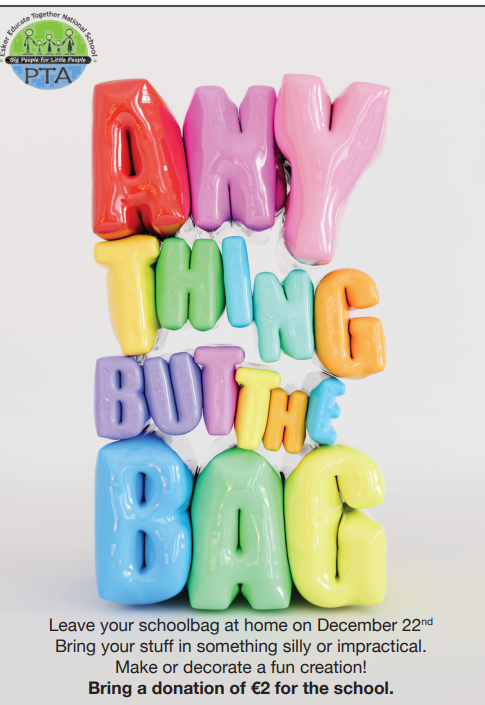
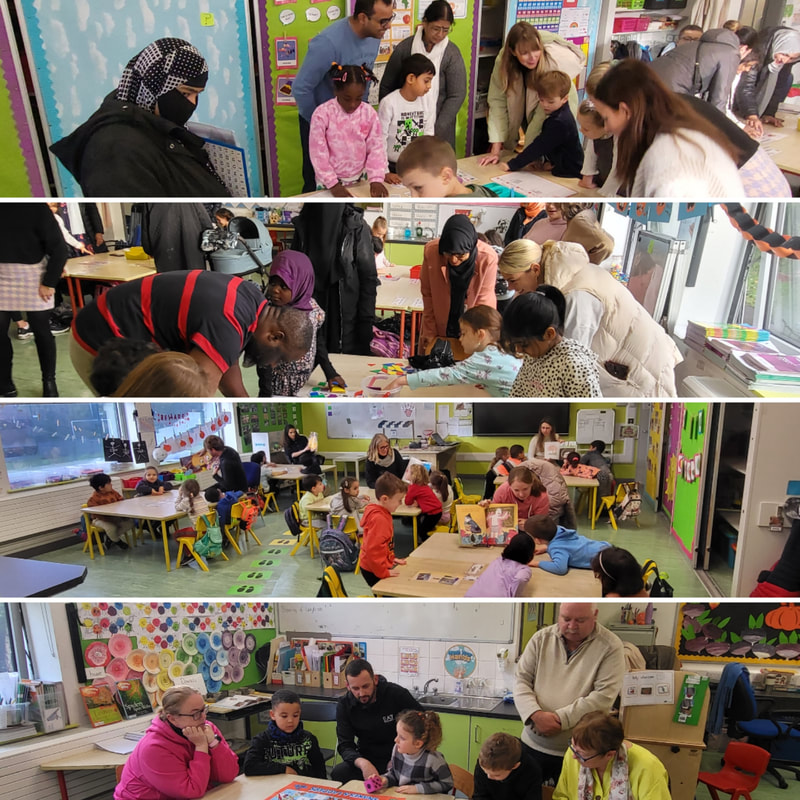
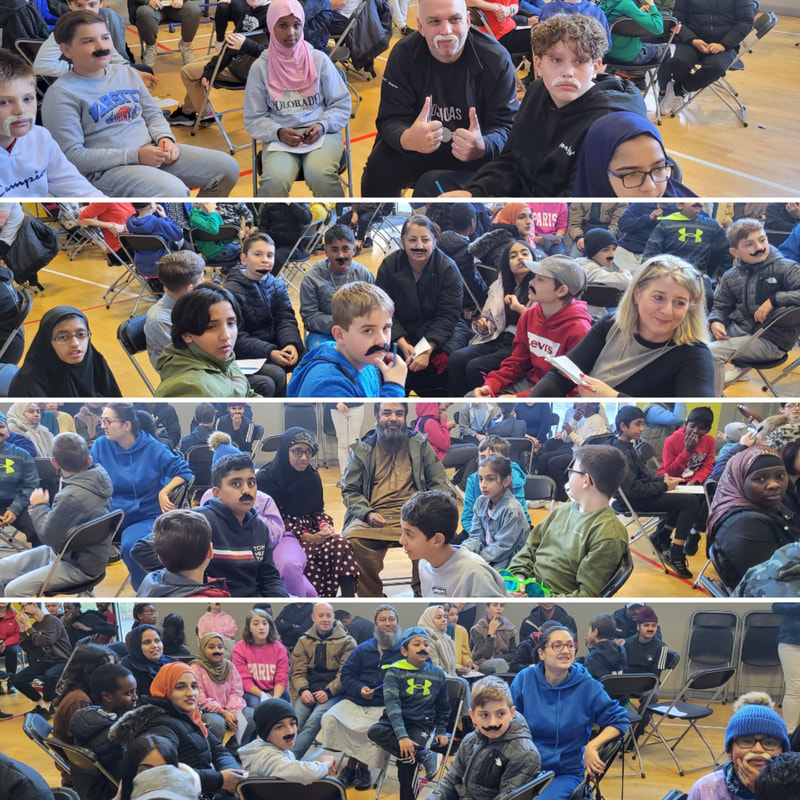
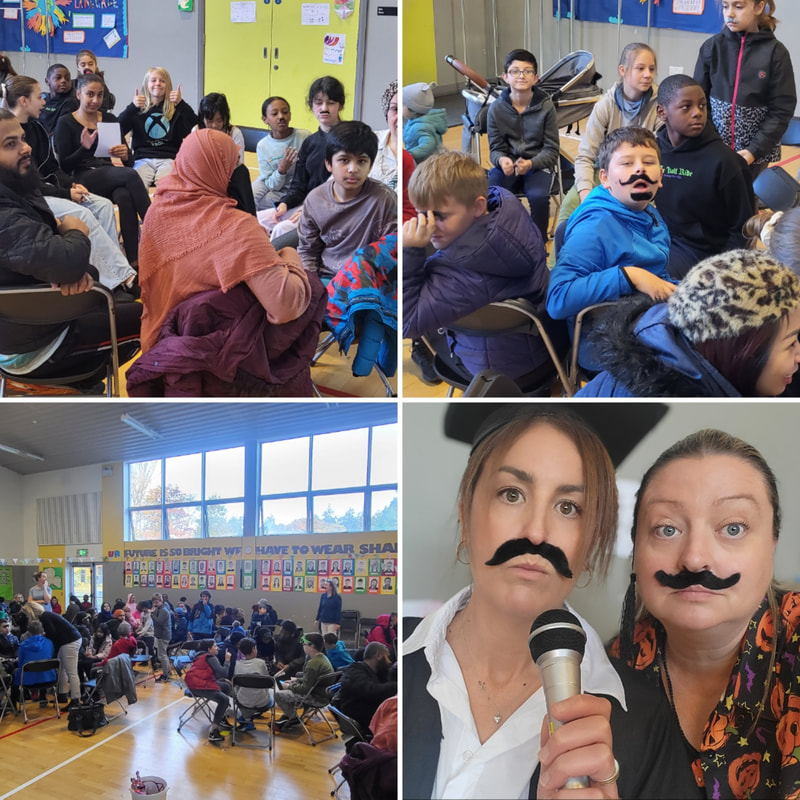
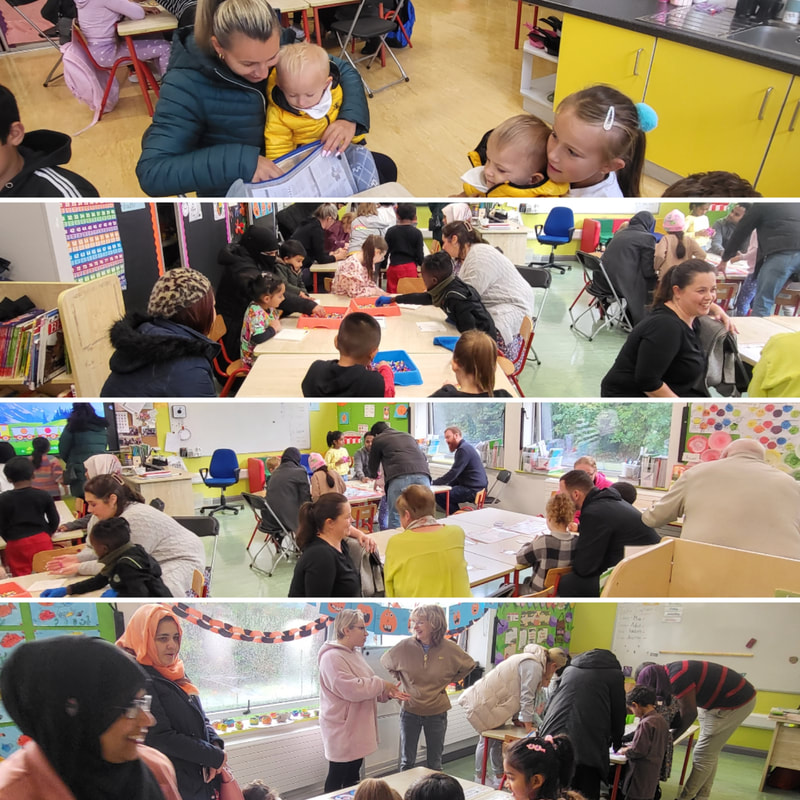
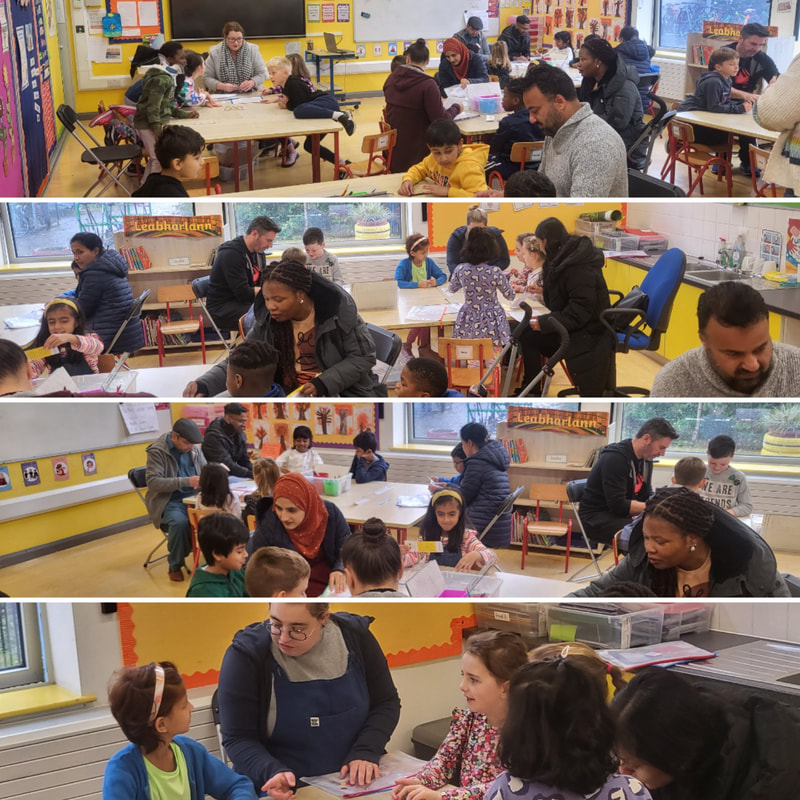
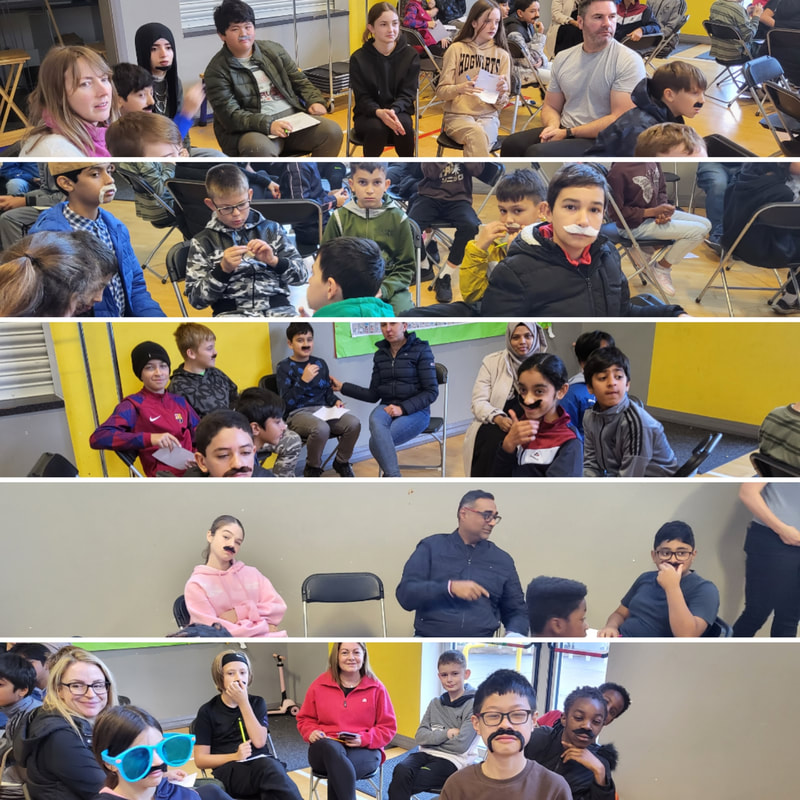
 RSS Feed
RSS Feed
